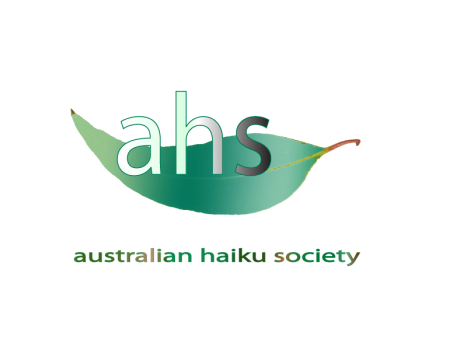The Cloudcatchers’ Spring ginko was held on Friday, 19 September 2008, the eleventh since we began with a summer ginko in December 2005. The weather was cloudy and breezy, but fine and cheerful. We had a great day, gathering at 9.30 am at the Bangalow Weir (Far North Coast NSW). There were ten of us, including our unofficial Patron, Janice Bostok, whom we always love to welcome, and John Bird, whose idea it all was in the first place. Three poets participated for the first time, with two of them having graduated from local workshops. The area offers the dammed Wilson’s Creek, a bit of wilderness and some semi-rural environment.
Opportunity was given for swapping of books, information about members achievements, and up-coming activities, including the 4th Pacific Rim Haiku Conference next September.
The ginko itself lasted forty-five minutes, and was followed by some serious writing, and then the sharing of first drafts. Many worthy haiku were created, with other captured moments awaiting a bit of polish. These were read aloud, one at a time, around one big table. Great enthusiasm and quite a bit of laughter! Then, at noon, we lunched together at the Bangalow Hotel.
Following the ginko an email Round Robin is currently being conducted, comprising five submitted haiku, written at the ginko, from each poet. Each participant will comment on all offered material. And we love it. If you are in the area and wish to join us for the summer ginko, contact Quendryth Young at: quendrythyoung@bigpond.com
Quendryth Young



